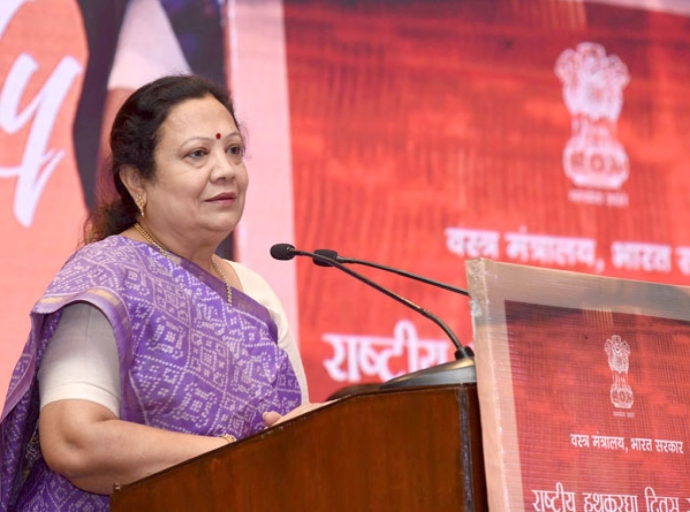05 March 2022, Mumbai:
The sustainability report 'Pioneering a Sustainable Future: Accelerating Our Journey' was released by Coats, the world leader in thread manufacture. The 56-page report outlines the company's progress toward its sustainability plan, which was introduced in 2019.
The research also emphasizes Coats' significance to the Sustainable Development Goals (SDGs), as well as its possibilities and obligations in relation to SDGs. Coats achieved a 22% decrease in water consumption and a 6.9% reduction in kWh per kilogramme of output in 2021, compared to a target of 7% by the end of 2022.
In addition, 82 per cent of its effluent complied with ZDHC, compared to a goal of 100 per cent by the end of 2022.
According to the study, 83 per cent of workers worked in an approved 'Great Place To Work,' exceeding the aim of 80 per cent. In addition, by 2021, the thread behemoth has reduced waste by 3%. Furthermore, recycled materials accounted for 19% of the company's premium polyester thread sales.
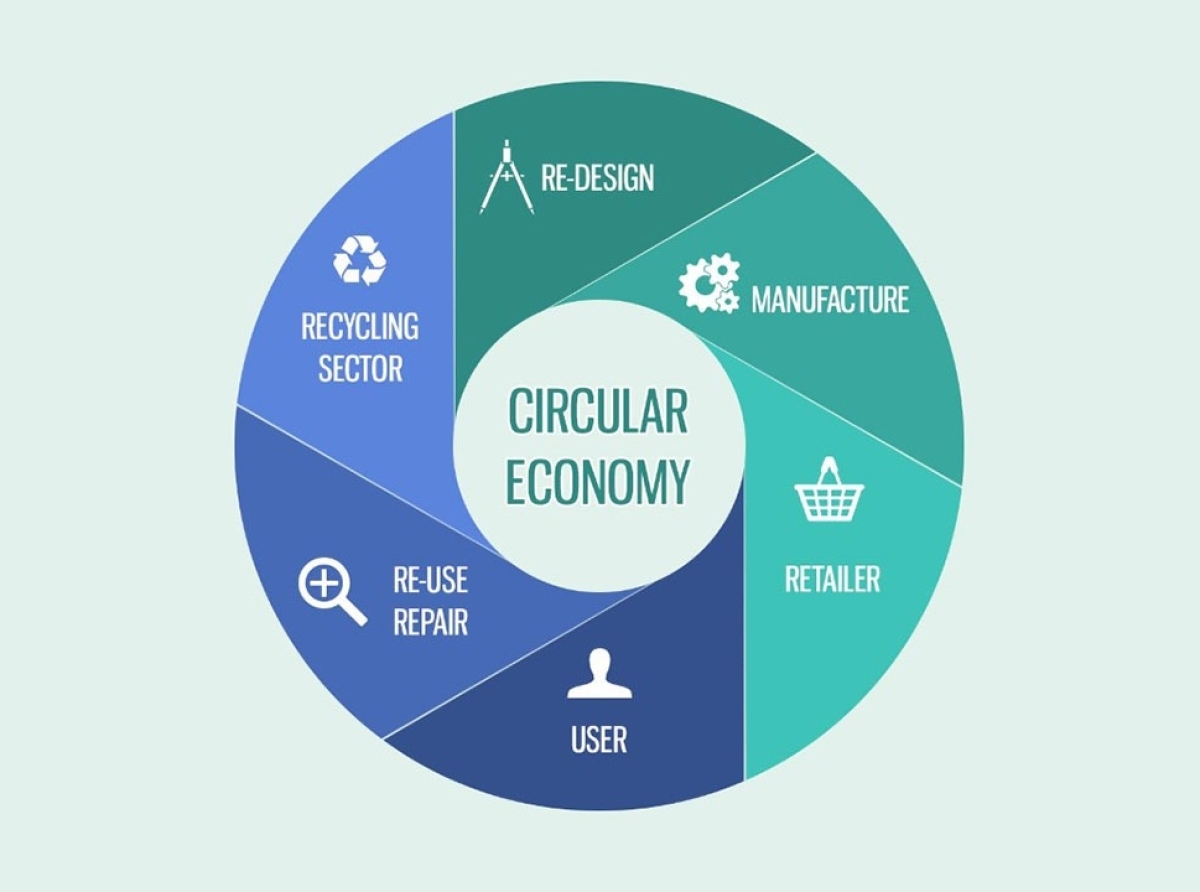
ALSO READ: Coats is scaling up its circular solution: Cooperation at the garment design stage is the way to go
The company said in a statement that the 2021 Sustainability Report outlines its social impact ambitions, which include maintaining a workplace free of discrimination, where every single employee feels respected and is treated fairly and equally, striving for gender parity in all managerial roles, and achieving higher than local labour market representation for all other under-represented communities at Coats' locations.
"I am happy with the significant progress we made in 2021 toward achieving our environmental goals." When we meet our 2022 goals, our commitment to sustainability does not cease.
"There is a long way to go as an industry, and Coats has long-term objectives to guarantee it will be at the forefront of pioneering a sustainable future," said Rajiv Sharma, the company's Group Chief Executive.
The study also describes how the corporation plans to meet its lofty 2030 goals. According to the company, renewable energy will account for 70% of world energy consumption, and all of its goods will be manufactured without the need for new oil-extraction resources.
According to the survey, 83 per cent of employees worked in a certified 'Great Place To Work,' exceeding the target of 80 per cent. Furthermore, by 2021, the thread behemoth will have cut waste by 3%.
Furthermore, recycled materials accounted for 19% of premium polyester thread sales at the firm.
The company's social impact ambitions are outlined in the 2021 Sustainability Report, which include maintaining a discrimination-free workplace where every single employee feels respected and is treated fairly and equally, striving for gender parity in all managerial roles, and achieving higher than local labour market representation for all other under-represented communities at Coats' locations, according to a statement.
RELATED ARTICLE Azim Group Increases Planning Efficiency by 15% with Coats Digital’s FastReactPlan
Join our community on Linkedin
CREDITS: Coats & Apparel Resources.

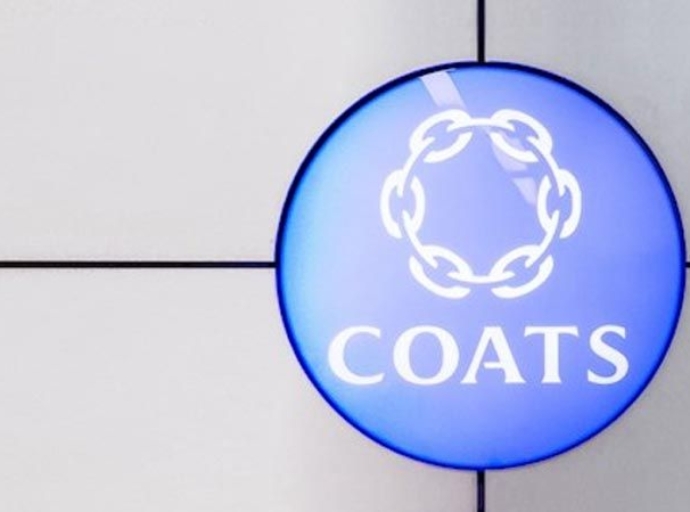
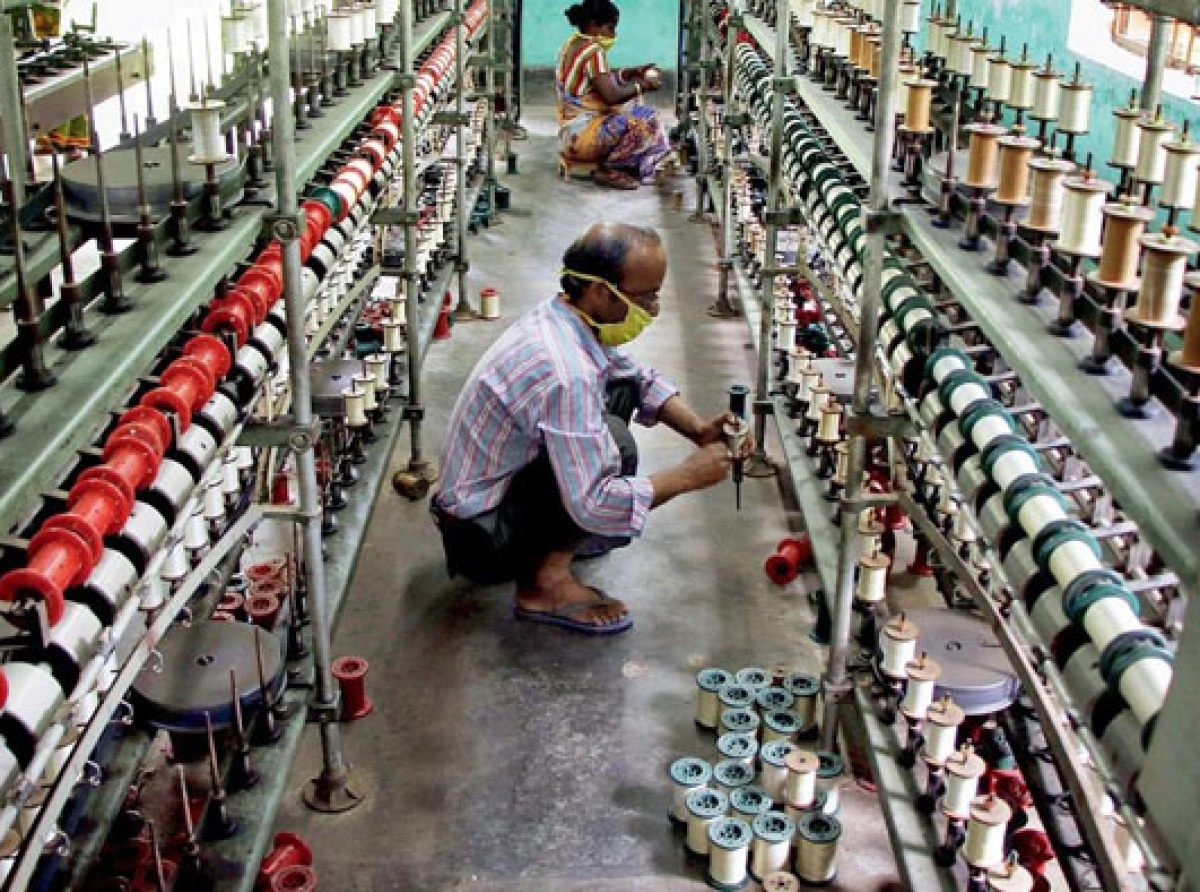


1_thumbnail.jpg)
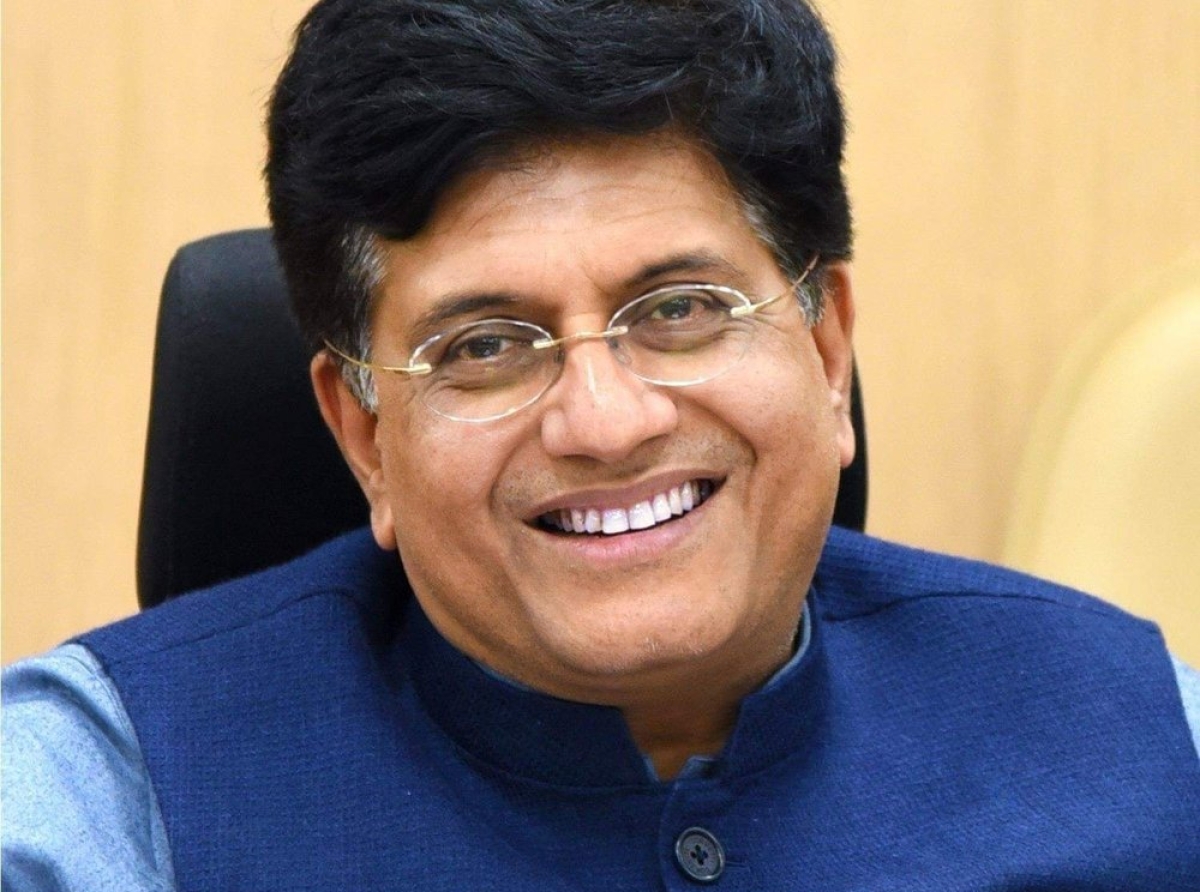
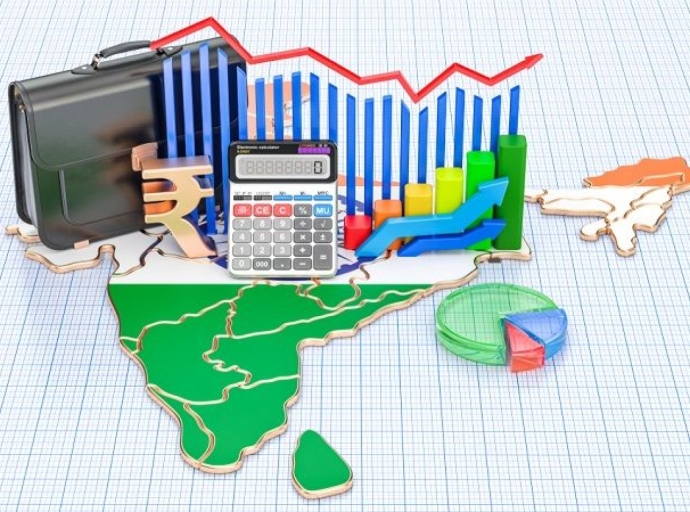
_large.jpg)
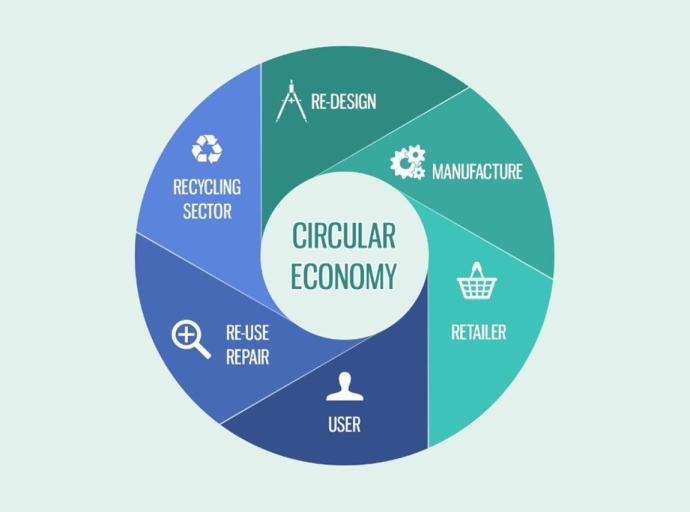
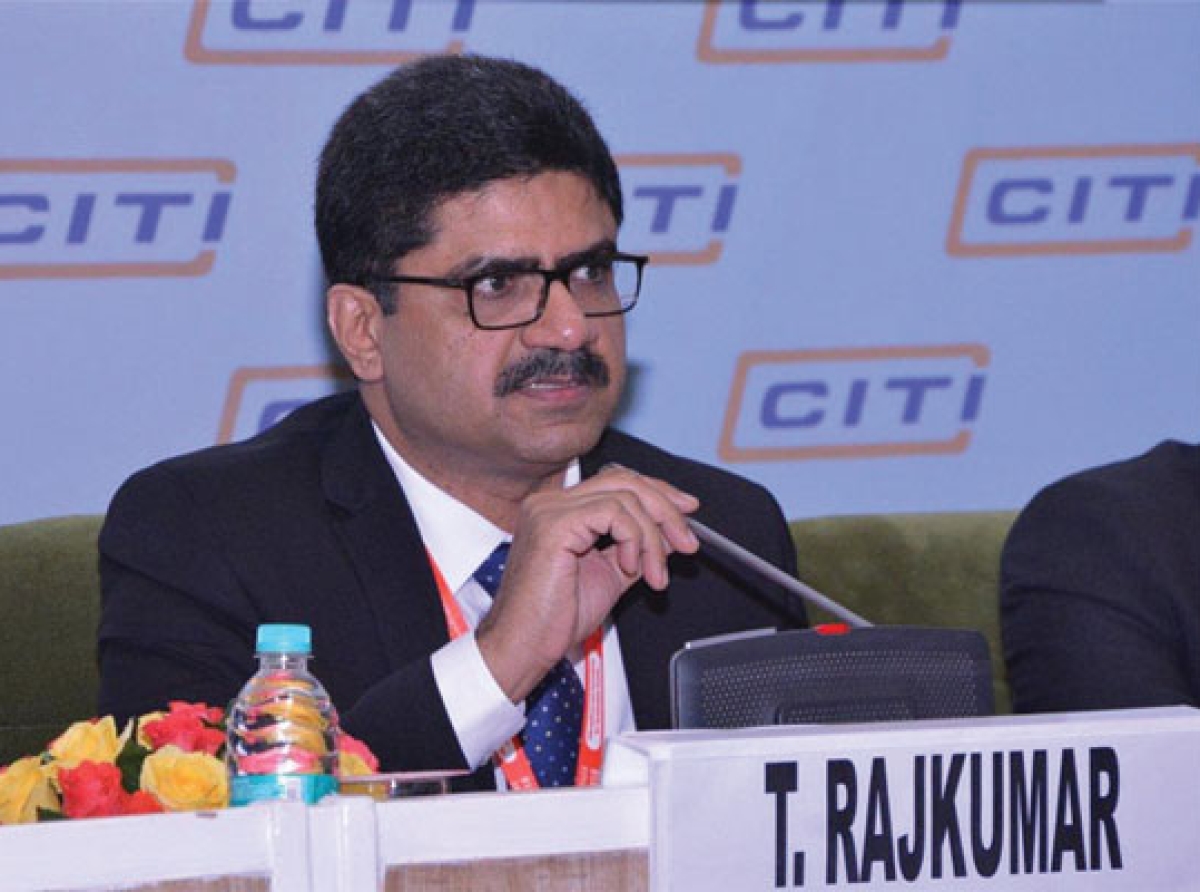
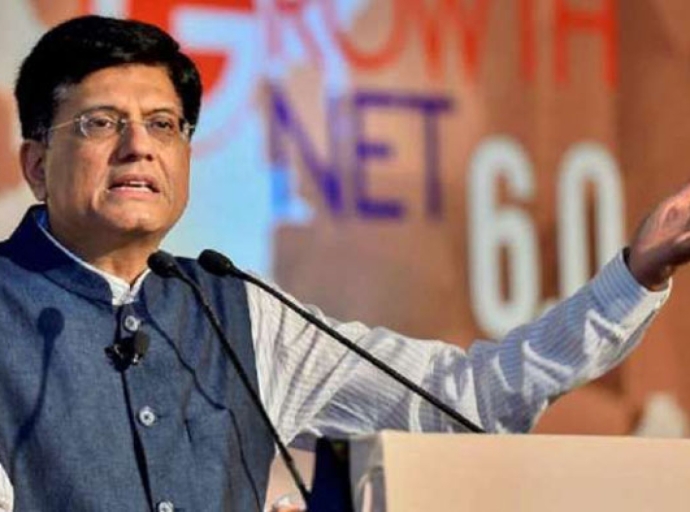

_thumbnail.jpg)
_large.jpeg)

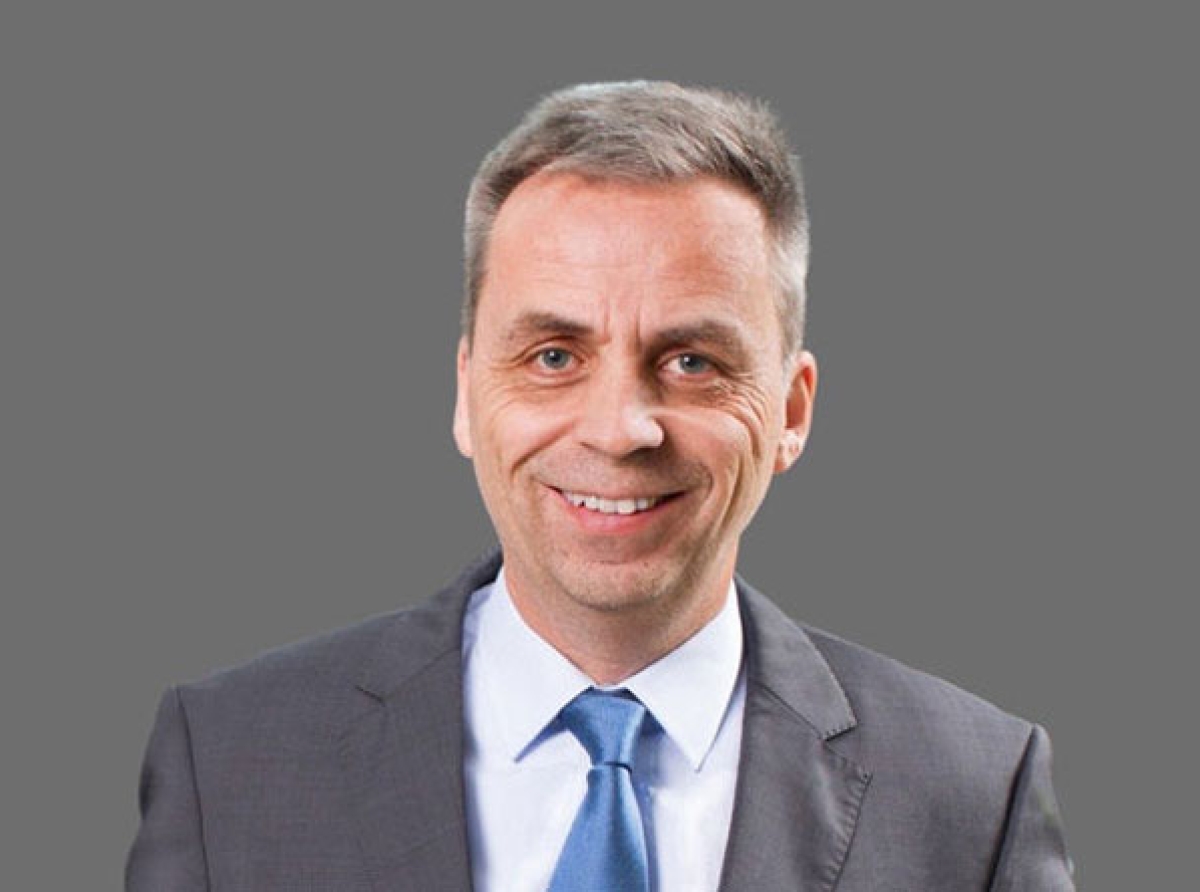
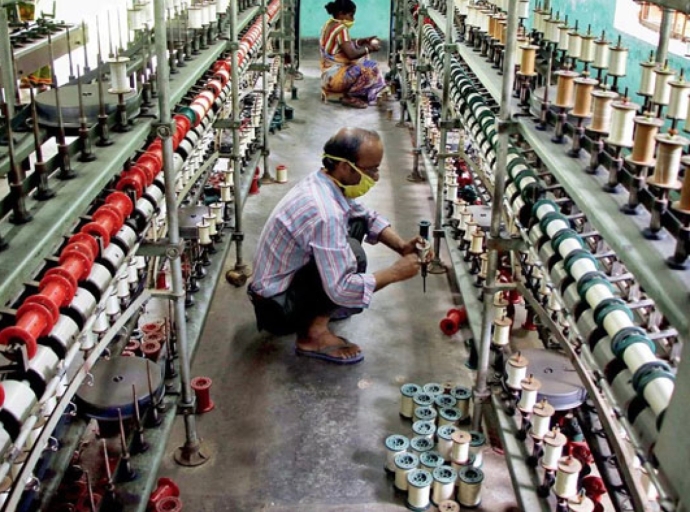



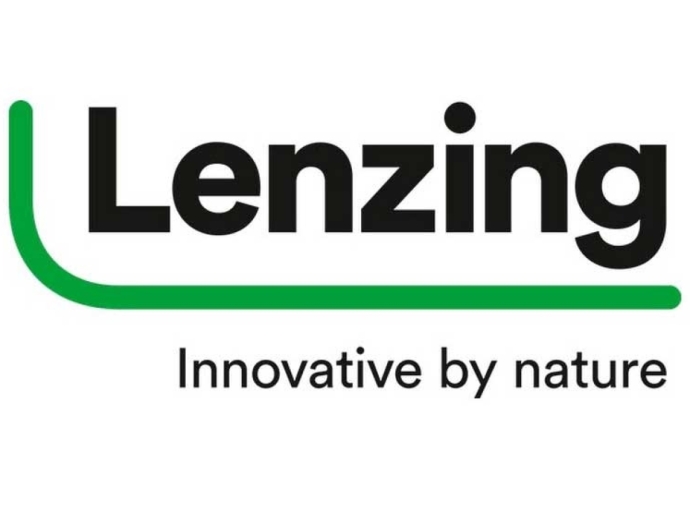
_large.jpeg)
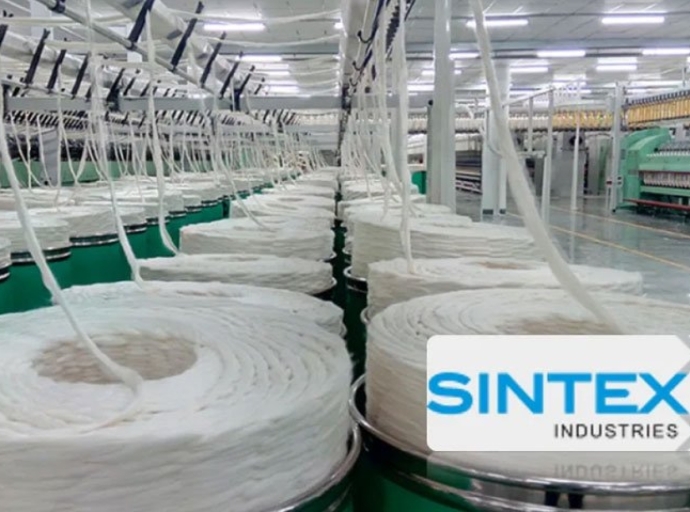
_large.jpeg)
